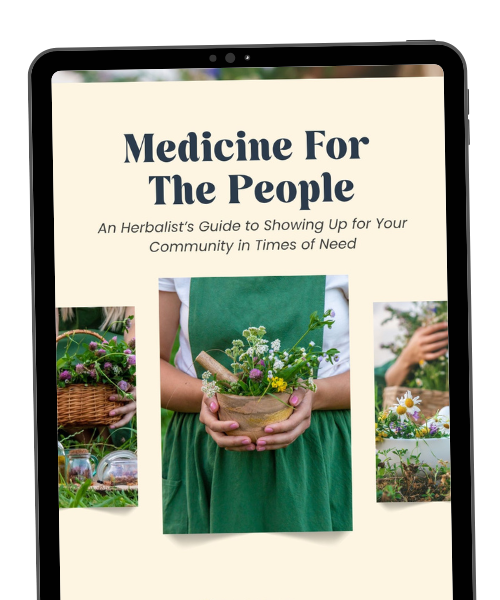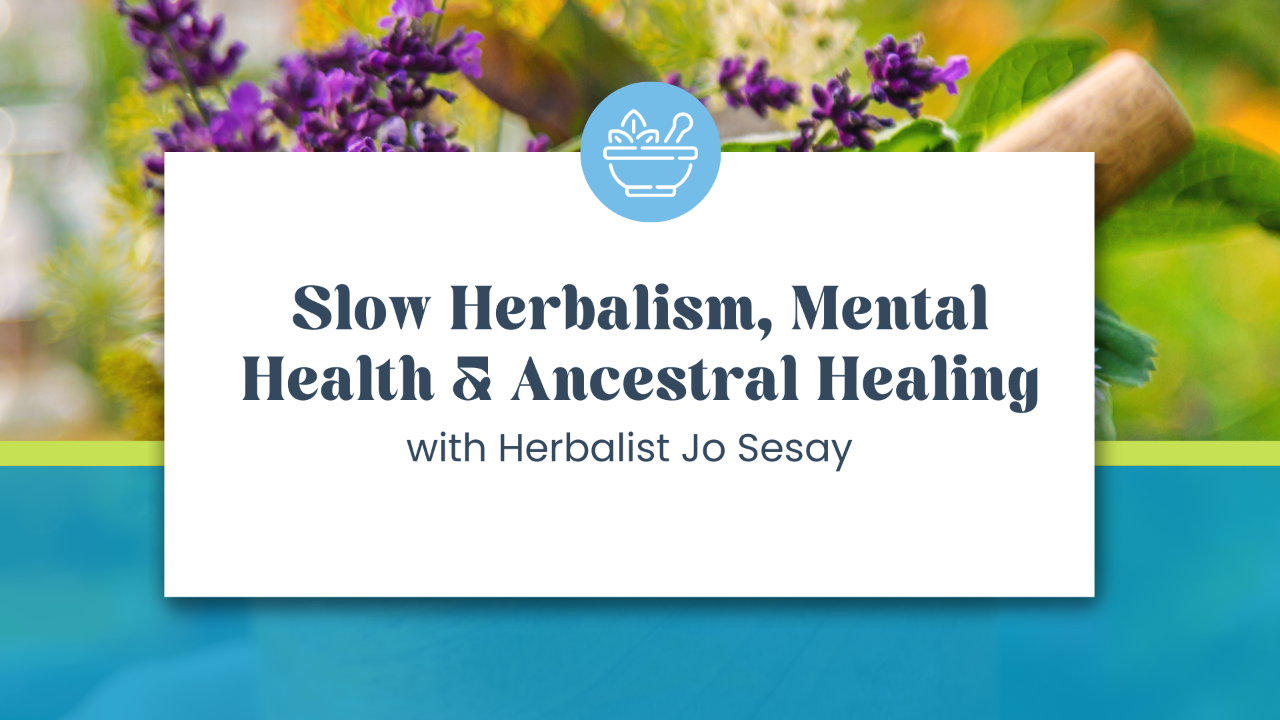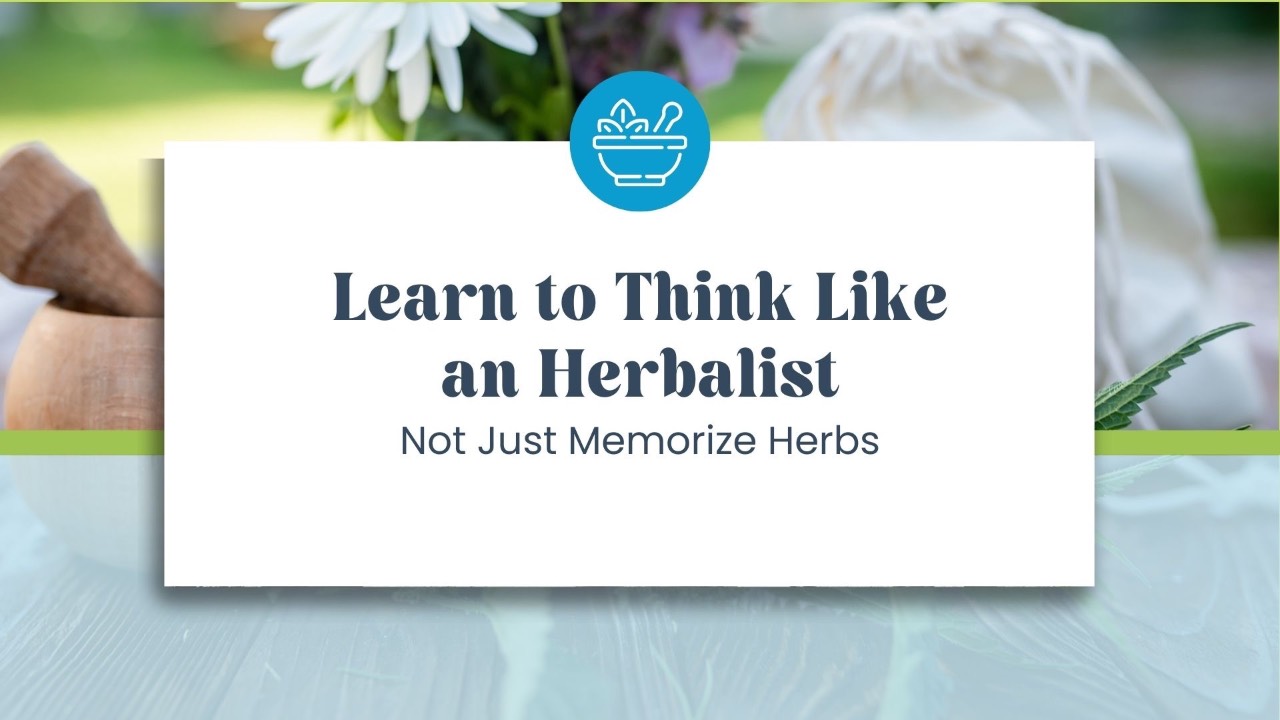Midwife Support During Pregnancy: In the Hospital and the Home

Hello there, fellow mommas and plant lovers! It's always an absolute delight to take a trip down the Herbalist's Path, especially when I have the chance to converse with two brilliant and dynamic ladies, Heather and Maureen, from the Milk Minute Podcast. Their story is both unique and inspiring and perfect for all you mommas out there curious about the magic and medicine of plants.
Now, Heather and Maureen are no ordinary duo. These ladies have fused the worlds of traditional and alternative medicine together in ways that could only be described as awe-inspiring. When the pandemic hit, they combined their unique backgrounds – Heather with her expertise in more medicalized birthing situations and Maureen with her vast knowledge as a community-based herbalist and CLC – to provide vital lactation resources for mothers in need.
For Heather, her journey has been one of learning, adapting, and embracing different facets of birthing experiences. From a medically required C-section for her first child to a successful VBAC (vaginal birth after cesarean) in a hospital for her second, she's now looking to have a home birth for her third with Maureen as her midwife. It's a testament to her adventurous spirit and perhaps a touch of her competitive nature!
But it's not just about the birthing experience; it's also about the special bond these two share. Maureen admits that being a midwife for a friend like Heather does bring its own set of challenges, as there's always that added pressure of not wanting to disappoint. However, they've managed to beautifully balance their personal and professional relationship, ensuring that Heather receives the care she needs without any biases.
And in true entrepreneurial spirit, these dynamic ladies have also launched their second podcast, "Beyond The Boob", which is an honest, week-by-week chronicle of Heather's pregnancy journey. It goes beyond the usual prenatal discussions and delves deep into real, sometimes TMI, situations that many expecting mothers can relate to. From discussing the challenges of varicose veins (and the wonderful herbal remedy of Horse Chestnut) to navigating relationships during pregnancy, this podcast promises an insightful and engaging look into the world of pregnancy.
Holistic Pregnancy and Lactation Support: An In-depth Look at Their Approaches
Maureen highlights the distinct difference in her approach to healthcare, emphasizing the importance of proactive measures to prevent health problems, particularly during pregnancy. She prefers herbs as a primary intervention, particularly before an issue becomes an emergency, and focuses heavily on prenatal nutrition. She believes that proper nutrition can mitigate many common pregnancy complaints. Herbs like plantain, nettle, and dandelion are viewed as food herbs, providing essential nutrition that's easily accessible by the body.
I agree, emphasizing the safety of many herbs during pregnancy. Maureen follows a systematic approach to recommending herbs, starting with the safest ones and then moving on if those aren't effective.
Heather, coming from a more conventional western medicine background, comments on the dismissive attitude of many medical professionals toward herbs. They typically regard over-the-counter herbs as safe, without really understanding or respecting their potential impacts. However, Heather notes a generational shift, with younger healthcare providers more open to learning about holistic treatments. Heather expresses frustration about the lack of proper research on medication safety during pregnancy. She also shares some available resources like LactMed, part of the National Institute of Health website, which contains accurate safety data on many herbs, and the Infant Risk Center, which offers guidance on medication safety during pregnancy and breastfeeding.
Maureen and Heather discuss the limitations of using search engines like Google to determine the safety of certain treatments during pregnancy, advocating for a more comprehensive approach. They stress the importance of not only relying on Western research but also considering traditional knowledge. A significant point of discussion is the inherent liability language and how it impacts the way herbs and treatments are portrayed.
Shifting the conversation to lactation, Heather speaks about the common issue of mothers not being heard or taken seriously when they face challenges breastfeeding. While the health and wellness of the baby are often prioritized, the well-being of the mother is frequently overlooked.
Maureen discusses the advantages of both mother and baby seeing the same healthcare practitioner, emphasizing convenience and comprehensive care. Heather highlights the frequent microaggressions faced by postpartum moms and the importance of addressing the mother before the baby. She stresses greeting and acknowledging the mother's well-being first before focusing on the baby.
Maureen raises concerns over referring to a mother only as "mama", as it reduces her identity solely to her relationship with the baby. This undermines her autonomy and individuality. There's also a criticism of the medical system's tendency to prioritize the baby's health while making mothers wait for their postpartum checkups.
Both Maureen and Heather highlight the importance of lactation support. They emphasize the challenges faced by new mothers in navigating breastfeeding and the pressures of society's expectations. They discuss how these expectations often misalign with the baby's and mother's natural rhythms.
Heather believes in giving new parents the freedom to make choices best suited for their situations, whether it's to continue or stop breastfeeding. She also emphasizes addressing postpartum depression or anxiety if a mother struggles to settle into her new role.
Maureen identifies the most common problem she encounters as a "perceived low supply". Many mothers mistakenly believe they're not producing enough milk, largely due to unrealistic expectations or misguided input from others. Maureen seeks to reassure these mothers and provide guidance on understanding their actual milk production.
The overall theme revolves around recognizing and supporting mothers as individuals first, understanding and addressing the unique challenges of the postpartum period, and ensuring that mothers receive the necessary support and care during this transformative phase of their lives.
Herbal Support for Mothers: From Prenatal Care to Nourishment
In a recent episode of the Milk Minute Podcast, the importance of nutrition and herbal support for breastfeeding mothers was discussed. I pointed out that when you're breastfeeding, you often lack the family support to prepare meals for you.
Maureen emphasized the role of galactagogues, which are substances that promote lactation. In cultures deeply connected to their roots, the incorporation of these herbs and foods is commonplace. While she doesn't promise an overwhelming surge in milk supply, she believes these foods help nourish the body and support mammary gland function. On rare occasions when there might be underlying health issues like insufficient glandular tissue or thyroid problems, she suggests targeted herbs like Goat's Rue and Blessed Thistle.
For general nourishment, I and Maureen both vouch for herbs like nettles. Maureen's herbal combo for postpartum care includes nettles, red raspberry leaf, catnip (which helps in relaxation), chamomile, rose flowers, and oatstraw. She also speaks highly of alfalfa, especially during prenatal care or following a postpartum hemorrhage, due to its capacity to raise platelet levels and create more red blood cells.
Heather, who comes from a more clinical setting, acknowledges the value of herbal support. She provides a tea combination of nettle, oatstraw, raspberry, and alfalfa in daily packs from a trusted source, Mountain Rose Herbs. In complicated cases, she often seeks guidance from Maureen, demonstrating the importance of collaboration in healthcare.
Both I and Maureen encourage reaching out for professional guidance in navigating herbal supplementation, especially for breastfeeding mothers. We believe in a holistic approach, ensuring mothers receive the right support and nourishment.
To get in touch or learn more about their expertise, you can visit their website; Milk Minute Podcast. For more weekly pregnancy updates, they recommend checking out Beyond The Boob, a subscription-based podcast on Patreon. Their vibrant online presence spans across multiple platforms including Instagram, TikTok, and Facebook under the handle, "milk_minute_podcast". You can also check out my interview on the Milk Minute Podcast here!
As we conclude, I'm overwhelmed with gratitude for this journey we're sharing. Every review and share brings us closer to our goal: making herbalism #spreadlikewildflowers. Your support and commitment mean everything to me, and together, we can ensure that the wisdom of herbalism flourishes in every home. Let's keep the momentum going and spread the love of herbs far and wide.
Do You Have The Right Remedies On Hand?
Whether it’s a tummy ache, sleepless nights, or boosting immunity, The Ultimate Guide to Stocking Your Natural Medicine Cabinet has the top-quality remedies you need. Tested by a clinical herbalist—and her kid too!
Grab your guide below👇🏼
We hate SPAM. We will never sell your information, for any reason.







